No es sencillo hablar de enfermedad. La enfermedad como concepto abstracto, como teoría, sin rostro. ¿Cómo nombrarla sin un cuerpo?
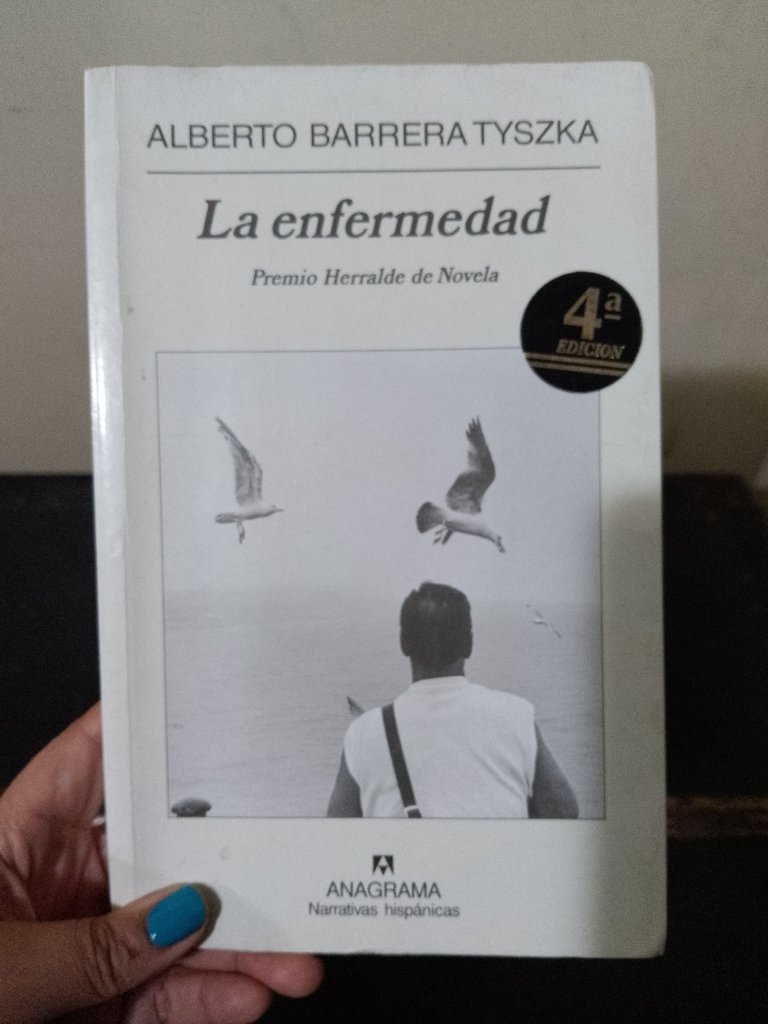
«La enfermedad», novela del escritor venezolano Alberto Barrera Tyszka, Premio Herralde de Novela en el año 2006, editada por Anagrama, saltó de mi biblioteca cuando supimos hace unos meses el diagnóstico de ca. de mi mamá. Tuvo una hemorragia vaginal, luego de estudios vino el diagnóstico. Sí, ca. y no cáncer. ca., despacito, bajito, o alto, según quien lo diga, médico, familiar o paciente.
It is not easy to talk about the disease. Illness as an abstract concept, as a theory, without a face. How to name it without a body?
"The disease", a novel by the Venezuelan writer Alberto Barrera Tyszka, Herralde Novel Prize in 2006, published by Anagrama, jumped out of my library when we learned a few months ago of the diagnosis of ca. of my mother's cervix. She had vaginal bleeding, after studies the diagnosis came. Yes, ca. and not cancer. Ca., slowly, softly, or loudly, depending on who says it, doctor, family member or patient.
--
--
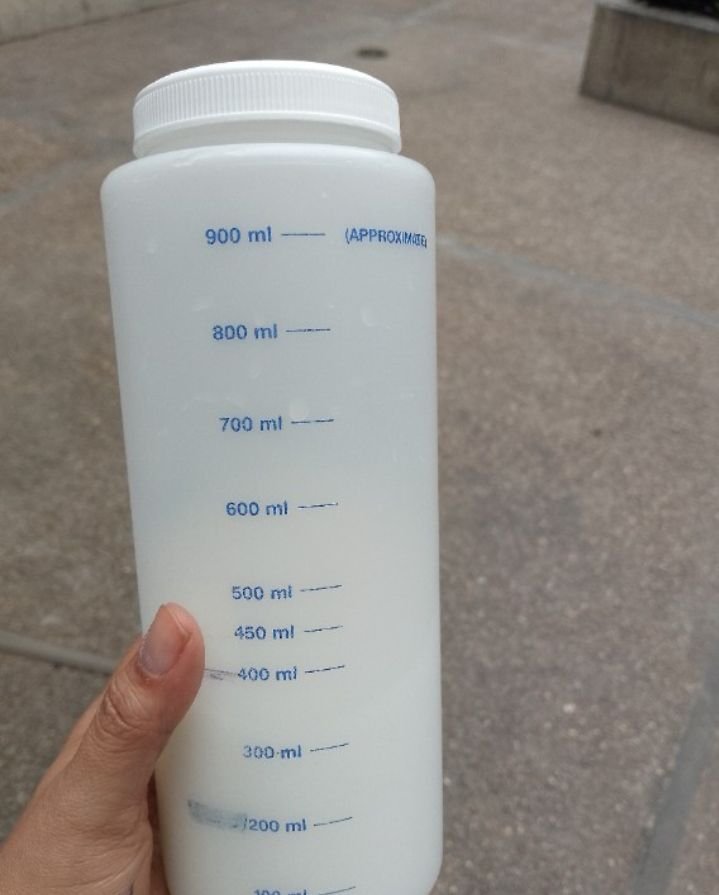
Han sido meses, más bien días largos, de trabajar la templanza, el presente, centrarse en la salud, más allá de todo diagnóstico. Decírselo entre todos a mi mamá de la forma más amable posible: es sólo una nota desafinada, una cuerda por cambiar, una tecla mal puesta.
«Los médicos casi nunca utilizan adjetivos, no los necesitan», aparece en el libro. Andrés y yo lidiamos con la enfermedad de nuestros padres. En el caso de él se trata de su papá, Javier, de 75 años, carcinoma espinocelular con mestástasis cerebral (estadio 4); en el caso de mi mamá, Beira, de 67 años, ca. de cuello uterino (estadio 2). Andrés Miranda es médico y es el personaje principal de la novela. Yo soy Beira, docente, editora y terapeuta holística, y soy la hija de Beira.
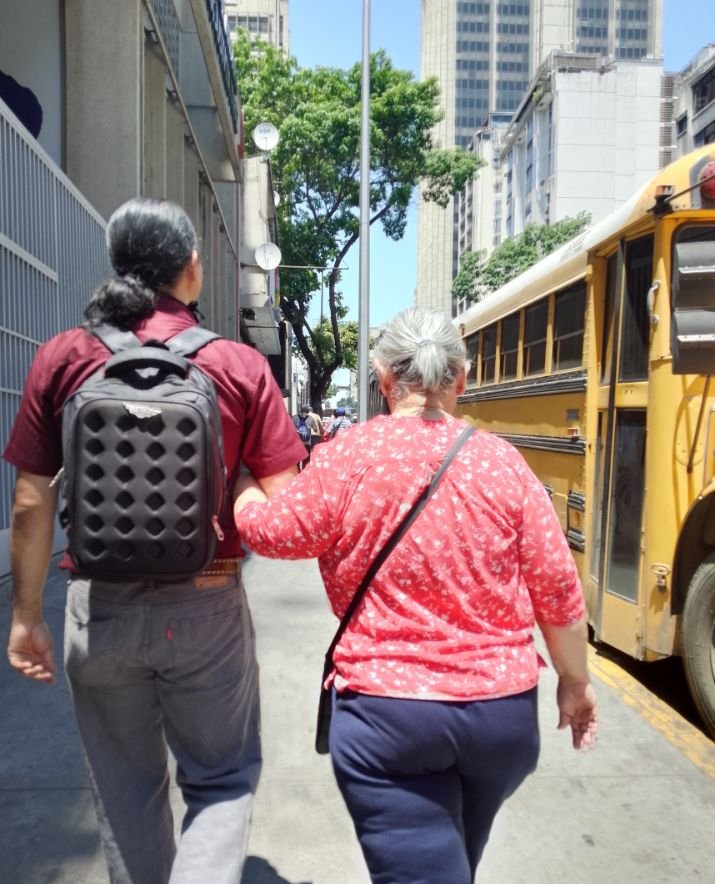
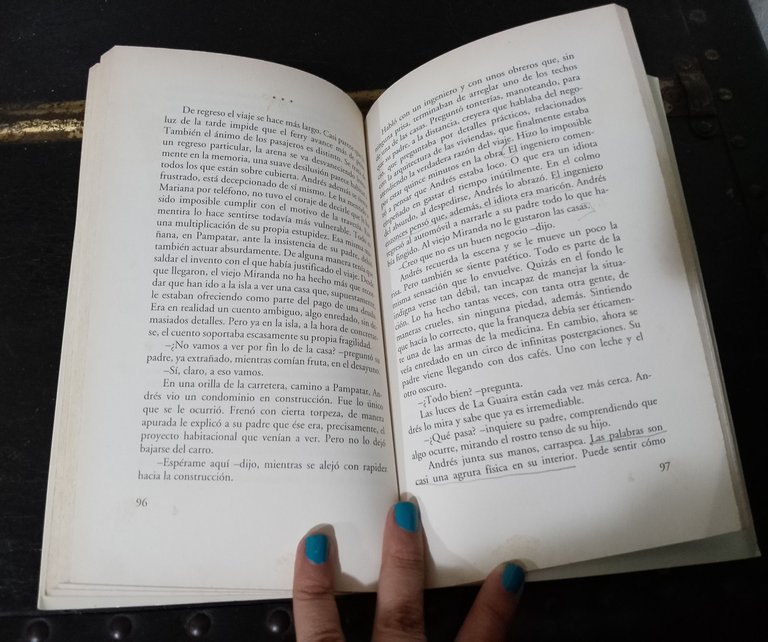
It has been months, rather long days, of working on temperance, the present, focusing on health, beyond any diagnosis. Let's all tell my mom in the kindest way possible: it's just an out of tune note, a string to change, a wrong key.
"Doctors almost never use adjectives, they don't need them," appears in the book. Andrés and I deal with our parents' illness. In his case it is his father, Javier, 75 years old, squamous cell carcinoma with brain metastasis (stage 4); In the case of my mother, Beira, 67 years old, ca. of the cervix (stage 2). Andrés Miranda is a doctor and is the main character of the novel. I am Beira,
holistic therapist, and I am Beira's daughter.
--
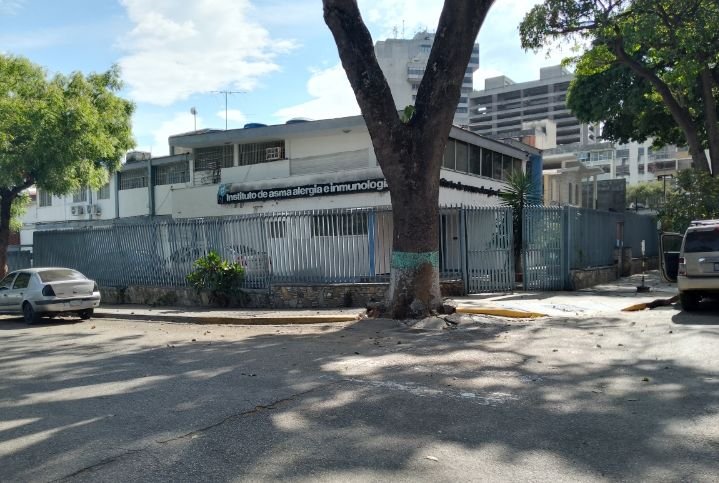
«Los límites de la medicina ante el infinito poder de la naturaleza, que es lo mismo que reconocer los límites de la medicina ante el infinito poder de la enfermedad», pienso en este pasaje. Mi mamá ha tomado la noticia con fortaleza, solo lloró brevemente al recordar a su mamá —mi abuela—: «heredé todo lo de mi mamá», dijo. Mi abuela materna, Paula, murió a los 82 años, tenía cáncer de mama, pero no se lo dijeron y el tratamiento fue oral, no sufrió.
En el caso de mi amigo Andrés, no sabe asumir su rol de médico y de hijo a la vez. Tan fácil se le había hecho comunicar cualquier diagnóstico, pero es incapaz de decirle a su propio padre lo que pasa. Y es que las palabras cuando son pronunciadas resuenan. Hay palabras que se pronuncian con la lengua, otras con los labios, como esa grande, inmensa: Mamá. Hay otras que sólo pueden decirse con los ojos líquidos.
"The limits of medicine in the face of the infinite power of nature, which is the same as recognizing the limits of medicine in the face of the infinite power of disease," I think of this passage. My mother has taken the news with strength, she only cried briefly when remembering her mother—my grandmother—: “I inherited everything from my mother,” she said. My maternal grandmother, Paula, died at the age of 82. She had breast cancer, but they didn't tell her and the treatment was oral, she didn't suffer.
In the case of my friend Andrés, he does not know how to assume his role as a doctor and as a son at the same time. It had been so easy for her to communicate any diagnosis, but she is unable to tell her own father what is happening. And the words resonate when they are spoken. There are words that are pronounced with the tongue, others with the lips, like that big, immense one: Mom. There are others that can only be said with liquid eyes.
--
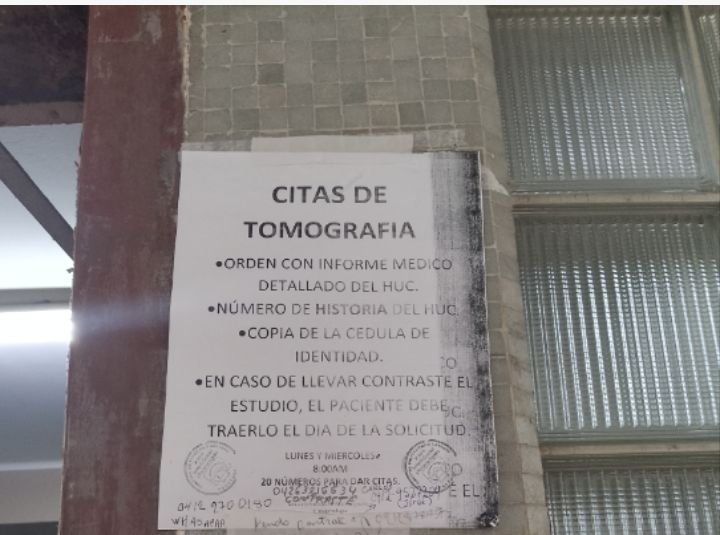
«Esta mañana, al cepillarse los dientes, piensa en escribir una carta, escribirle una larga carta a su padre, diciéndole la verdad contándole lo difícil que es para él decirle la verdad. Inmediatamente se siente ridículo. Piensa que la escritura es un recurso cobarde, que sólo se escribe por miedo».
Andrés me ha acompañado en salas de espera, calles, adentro. Vamos conversando en silencio mientras voy a buscar a mi mamá para llevarla a alguna consulta o a realizarse un examen de esos tantos. Él sabe que trabajar en el área de la salud tiene sus ventajas y desventajas en estos casos. Saber, entender todo el panorama. Ser fuerte, apoyar, guiar el camino.
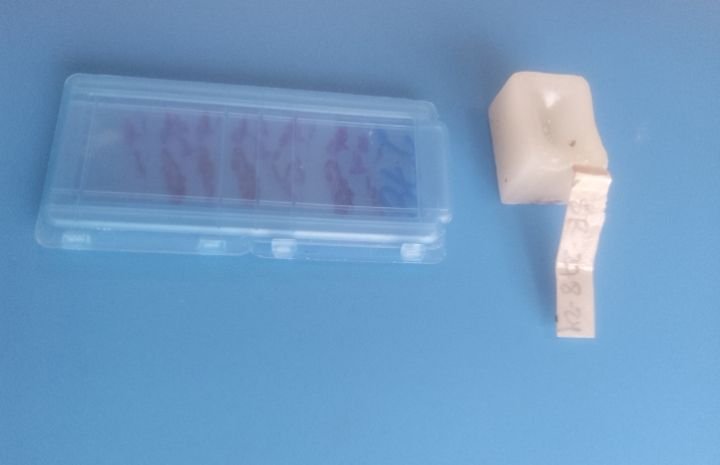
Agradezco infinitamente a la Dra. Érika, ginecóloga que tomó la muestra de biopsia, a Aiskel, enfermera, compañeras del servicio médico por su trato amoroso, y a la institución por el apoyo. Ser terapeuta, compañera e hija, «una mujer que apoya a otra mujer», como me dijeron hace poco mis colegas doulas. Hablarle como una paciente a mi mamá, ante su miedo con el procedimiento, enterarme en ese momento de su pánico de ir a las consultas ginecológicas, no haber ido en 8 años por eso. Cantarle «Arepita de manteca» para tranquilizarla, lo que ella nos cantaba a mí y a mis hermanos cuando pequeños. Ver su sangre en el consultorio, su río de sangre bajando por la camilla, en el uniforme de la Dra. Respirar, ver la foto de sus paredes manchadas, el camino por donde algunas vez estuve para nacer. Darle la mano, sonreir.
«This morning, when brushing his teeth, he thinks about writing a letter, writing a long letter to his father, telling him the truth and telling him how difficult it is for him to tell him the truth. He immediately feels ridiculous. "He thinks that writing is a cowardly resource, that one only writes out of fear." Andrés has accompanied me in waiting rooms, vans, streets, inside. We are talking in silence while I go to look for my mother to take her to a consultation or to undergo one of those tests. He knows that working in the health field has its advantages and disadvantages in these cases. Know, understand the whole picture. Be strong, support, guide the way.
I am infinitely grateful to Dr. Érika, the gynecologist who took the biopsy sample, Aiskel, the nurse, colleagues from the medical service, and the institution for the support. Being a therapist, partner and daughter, “a woman supporting another woman,” as my doula colleagues recently told me. Speaking as a patient to my mother, given her fear of the procedure, finding out at that moment of her panic about going to gynecological consultations, having not gone in 8 years because of that. Singing “Arepita de manteca” to her to calm her down, what she sang to me and my sisters when they were little. See her blood in the office, her river of blood going down the stretcher, in the Dr.'s uniform.
Breathe, see the photo of its stained walls, the path where I was once born, shake hands, smile.
--
--
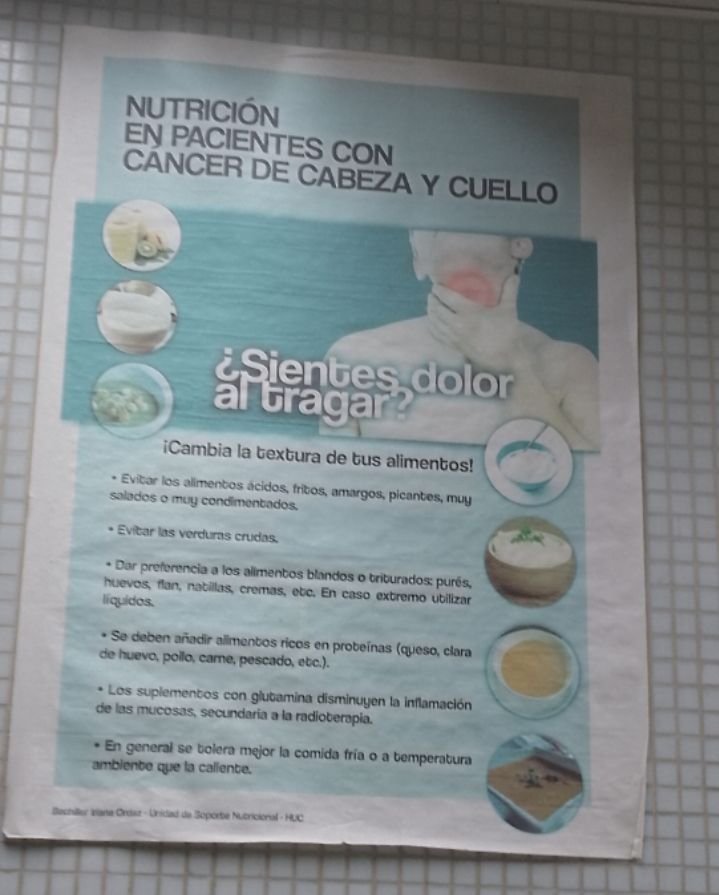
Nada nuevo, una enfermedad más, un momento rutinario, lo sé. Mi amigo Andrés lo sabe, lo sabemos.
«Las palabras son casi una agrura física en su interior. Puede sentir cómo hay vocales que raspan en su esófago, consonantes que se precipitan en su paladar. Es inevitable».
Palabras como «estadio 2 B», ¿o más bien números?, resbalan en el pecho buscando dónde asirse. «Hagan estos otros exámenes, si hay células en el recto ya no sería 2 B sino 4».
Entienda el lector que las citas corresponden a pasajes de la novela y en otros casos a lo que voy escuchando, ficción y realidad entonces, si valiera en algo la diferencia.
Nothing new, just another illness, a routine moment, I know. My friend Andrés knows it, we know it.
«The words are almost a physical anguish inside. You can feel vowels rasping in your esophagus, consonants rushing onto your palate. It is unavoidable". Words like “stage 2 B”, or rather numbers?, slide in the chest looking for a place to hold on. "Do these other tests, if there are cells in the rectum it would no longer be 2 B but 4."
The reader should understand that the quotes correspond to passages from the novel and in other cases to what I am hearing (stage 2 B), fiction and reality then, if the difference is worth anything.
--
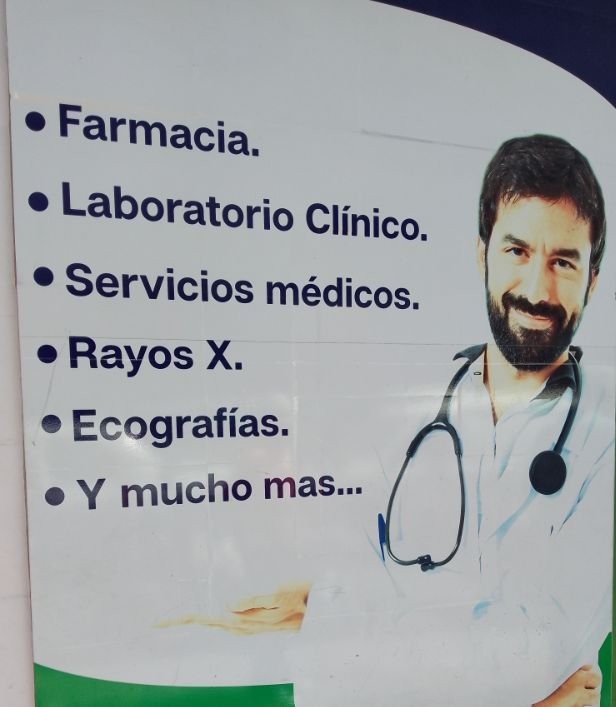
«Andrés se deja caer de nuevo sobre la cama. Por primera vez piensa que la enfermedad puede quitarle a él y a su padre algo que jamás pensó: la conversación, la posibilidad de hablar. La enfermedad también está destruyendo sus palabras». No así mi caso. Mi mamá y yo hablamos ahora de forma más sincera, sin asperezas, de mujer a mujer, con amor profundo.
En algún momento, nos tomamos un mate (Andrés y yo, lo hago tomar mate) e identificamos que a ambos nos falta uno de nuestros padres. Mi papá, Raúl, murió en 2021, y la mamá de Andrés lo hizo cuando él era un niño, de modo que su papá ha sido su gran casa. Yo, por otro lado, me siento en deuda con mi papá, él cuidaba mucho a mi madre, sé que este diagnóstico lo devastaría, pero estamos nosotros, sus cuatros hijos, dando la cara y los brazos.
«Los dioses mueren, no se enferman. Esa es su ventaja», dice en algún punto la novela. Pero estamos en el siglo XXI, como nos dijo la Dra. Rebolledo, agradecemos a ella y a su equipo toda su guía sobre lo que viene. Hay cómo tratarlo y hacia allá vamos, esperando iniciar el tratamiento: radioterapia, quimioterapia, braquiterapia.
«Andrés falls back onto the bed. For the first time he thinks that the disease can take away from him and his father something he never thought about: conversation, the possibility of speaking. The disease is also destroying his words. Not so my case. My mother and I talk, now more sincerely, without harshness, from woman to woman, with deep love. At some point, we had a mate (Andrés and I, I make him drink mate) and we identified that we are both missing one of our parents. My dad, Raúl, died in 2021, and Andrés's mother died when he was a child, so his dad has been his big home. I, on the other hand, feel indebted to my father, he took great care of my mother, I know that this diagnosis would devastate him, but we, his four children, are here, showing our faces and arms.
«The gods die, they do not get sick. “That is its advantage,” the novel says at some point. But we are in the 21st century, as Dr. Rebolledo told us, we thank her and her team for all their guidance on what is to come. There is a way to treat it and that's where we are going, hoping to start the treatment: radiotherapy, chemotherapy, radiotherapy
--
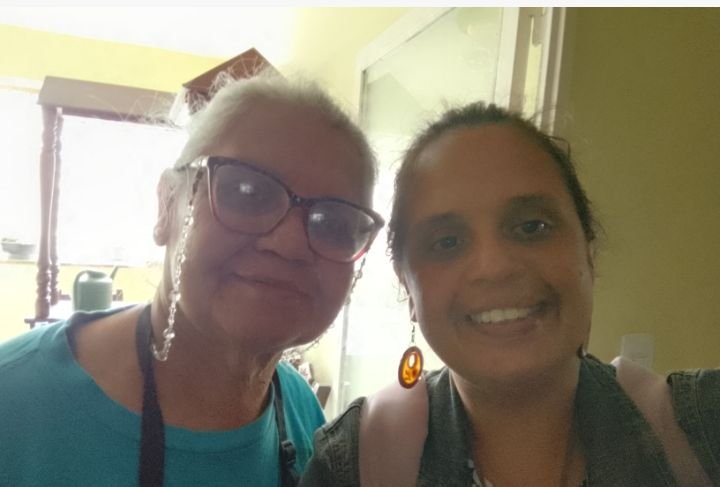
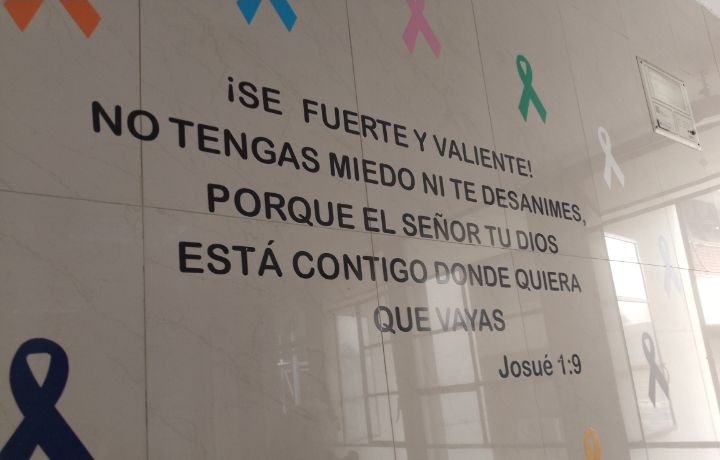
Ya el nombre, mi nombre, no me pesa tanto: Beira, voy procurando su ligereza, la orilla. Verlo en este diagnóstico, su nombre, el mío, ha sido difícil de procesar. Somos una y somos dos, somos frontera. Somos sangre nueva, cuerpo nuevo gestándose.
Termino compartiendo parte del texto de contratapa y agradeciendo a todos los que nos han apoyado en este proceso; familiares, amigos, personal de salud, la Divinidad, a ustedes, comunidad Hive, por pasar, así como al personaje principal de la novela y a su autor por la compañía. A Airam, amiga y hermana.
The name, my name, does not weigh so much on me: Beira, I am seeking its lightness, the shore. Seeing him in this diagnosis, his name, mine, has been difficult to process. We are one and we are two, we are borders. We are new blood, a new body in the making.
I end by sharing part of the back cover text and thanking everyone who has supported us in this process, you, Hive friends, for stopping by, as well as the main character of the novel and its author, for the company. To Airam, friend and sister. De
--
--
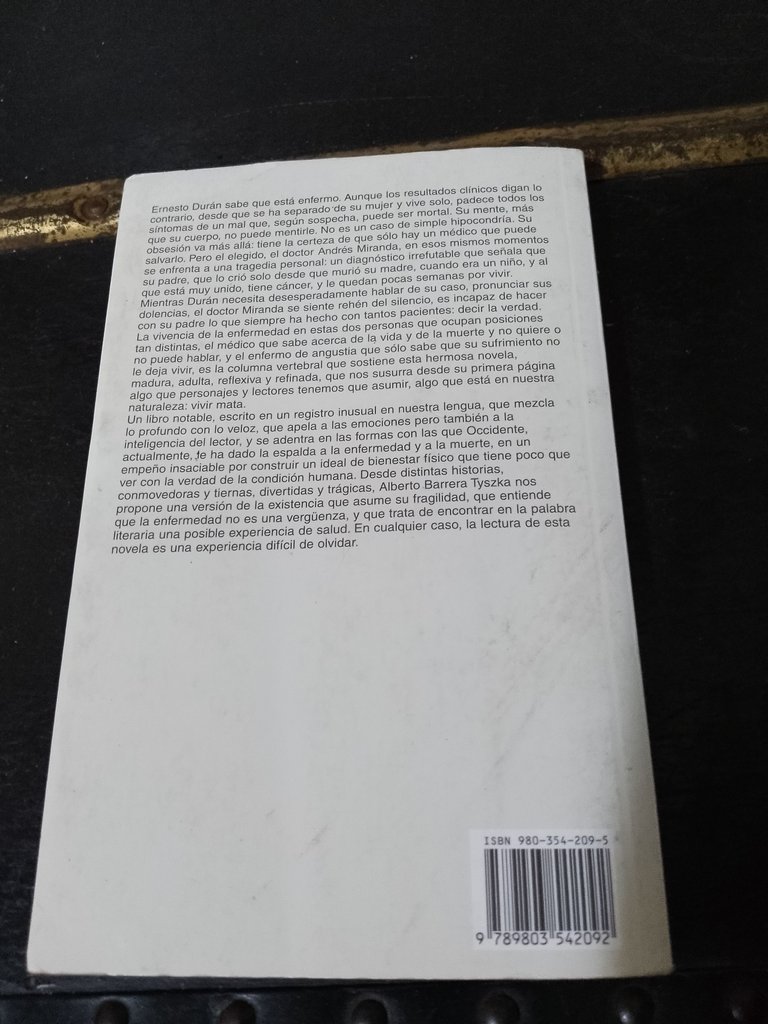
«Un libro notable, escrito en un registro inusual en nuestra lengua, que mezcla lo profundo con lo veloz, que apela a las emociones pero también a la inteligencia del lector, y se adentra en las formas con las que Occidente, actualmente, le ha dado la espalda a la enfermedad y a la muerte, en un empeño insaciable por construir un ideal de bienestar físico que tiene poco que ver con la verdad de la condición humana. Desde distintas historias, conmovedoras y tiernas, divertidas y trágicas, Alberto Barrera Tyszka nos propone una versión de la existencia que asume su fragilidad, que entiende que la enfermedad no es una vergüenza, y que trata de encontrar en la palabra literaria una posible experiencia de salud. En cualquier caso, la lectura de esta novela es una experiencia difícil de olvidar».
«A remarkable book, written in an unusual register in our language, that mixes the profound with the fast, that appeals to the emotions but also to the intelligence of the reader, and delves into the ways in which the West, currently, has turned his back on illness and death, in an insatiable effort to build an ideal of physical well-being that has little to do with the truth of the human condition. From different stories, moving and tender, funny and tragic. Alberto Barrera Tyszka proposes a version of existence that assumes its fragility, that understands that illness is not a shame, and that tries to find in the literary word a possible experience of health. In any case, reading this novel is an experience that is difficult to forget.
Un hermoso y conmovedor texto de descarga personal sobre la enfermedad en diálogo con la novela homónima de Alberto Barrera Tyszka. Ciertamente, es una experiencia única e intransferible verla y sentirla en el otro ser querido. Que tu madre pueda sanar, @beira.orilla.
Gracias por las sentidas palabras, por la invitación y los buenos deseos. Con gusto me uniré a la comunidad.
Congratulations @beira.orilla! You have completed the following achievement on the Hive blockchain And have been rewarded with New badge(s)
Your next payout target is 50 HP.
The unit is Hive Power equivalent because post and comment rewards can be split into HP and HBD
You can view your badges on your board and compare yourself to others in the Ranking
If you no longer want to receive notifications, reply to this comment with the word
STOPCheck out our last posts:
Barrera Tyszka, lo que escribe toca hondo.
Es muy duro ese transito de la enfermedad, solo nos queda un dia a la vez.Un fuerte y cálido abrazo
Así es. Gracias por pasar, querida Gloria.